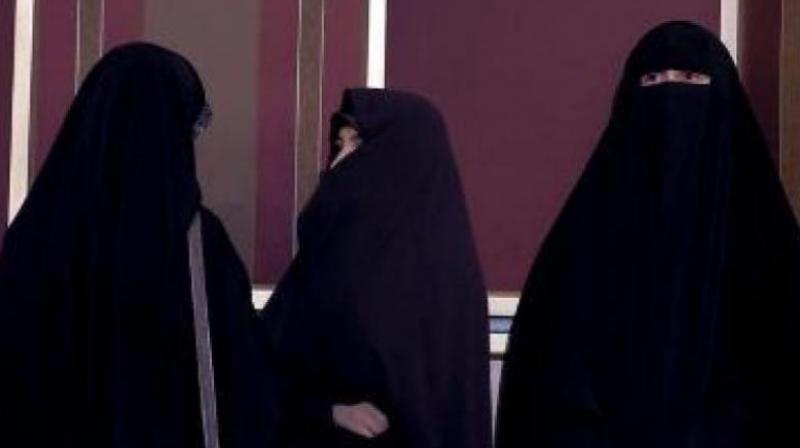Looks like, it will remain a man's world

Most men in the Middle East do not believe in women’s equality. This was what can be concluded from a recent survey conducted by UN Women. The 10,000 respondents who were questioned belonged to Morocco, Lebanon, Palestine and Egypt. Questions included whether they believed men should get preferential treatment over women (most thought so), whether efforts should be made to increase women’s equality in the economic and political spheres (no), and in some cases whether it was okay for a man to beat his wife (over half of the men in Egypt said yes). Almost all men (90 per cent) in Egypt believed that men deserve the final say in matters of the home.
We don’t, of course, need a survey to know that gender equality does not have a lot of supporters among the men of the Muslim world. Iterations of this belief can be found in the newspapers of the region. Men who do not believe in equality go on to inflict punishment on the women who anger them; they belittle and harass others who share their workplaces, and generally mistreat those they encounter. Here is what is more surprising. A large number of the women questioned in the survey believed the same things as the men who would like to discriminate against them. In Egypt, 58.5 per cent of women believe that men “should have the final word” in decision-making related to matters at home.
Similarly, just less than a third of Egyptian women agreed that it is okay to sometimes beat a woman. Nearly three-quarters of women, like men, believed that men should be given preferential treatment over women in jobs. A little less than a third of women did not think that women should have the option to work outside the home after marriage.
These are shocking results, not simply because of the attitudes they point to but also because they lay bare the cultural architecture that continues to enable the poor treatment of women in Muslim countries. Women currently raised in the Middle East nations surveyed, and in the Muslim world at large, are essentially being schooled in self-hatred, are being taught to think constantly and consistently like men so that they never identify with or support other women.
When a woman hears a story about another woman being beaten, she does not rail at the injustice; instead, she blames that woman. She must have done something to provoke the man. A similar logic is evident in questions of who deserves what — the woman at the office is the enemy of the woman at home; there is no solidarity, no sisterly feeling. There is only male mentality and male morality; women suffer but sympathise with men.
The results of a similar survey in Pakistan would likely not have been much different. The Human Rights Commission of Pakistan has reported horrific crimes against women including rape, gang rape, acid attacks, beatings, torture and “honour” killings. According to HRCP figures, a number of women commit suicide in the country and hundreds of others are killed in the name of honour. Laws passed in recent times to curb violence against women have not been effective in actually doing so.
Within this dark reality, it is difficult to imagine change as a possibility. Gender discrimination and hatred and poor treatment of women obviously have wide acceptability in society. Similarly, dismantling the cultural apparatus that would enable women to think like women, identify with other women and resist the dominance of men, is very difficult. The result is a world in which women have few rights, are often mistreated but yet say nothing and do nothing. Dependence enables apathy and cultivates hopelessness; self-hatred enables malice and cruelty. Change requires an understanding that morals and society can never be constructed on the architecture of discrimination.

